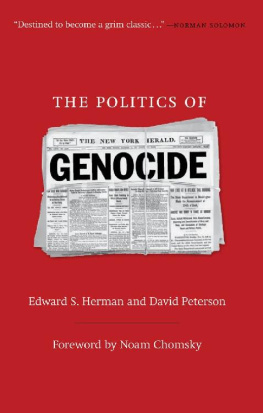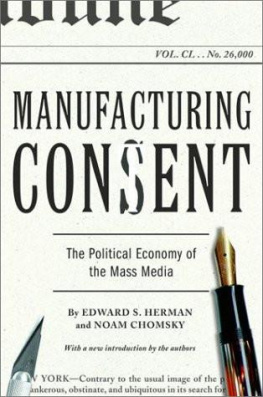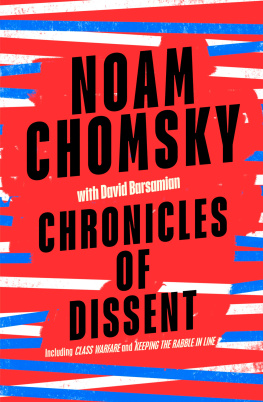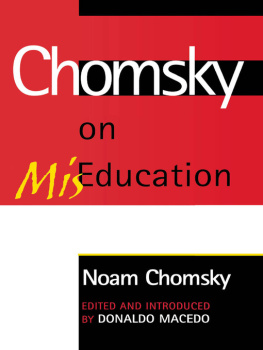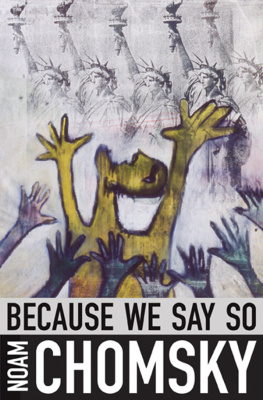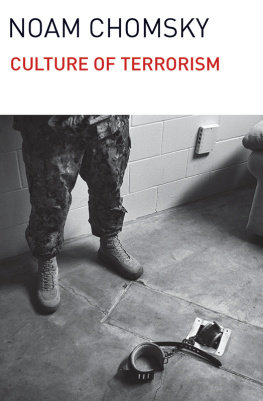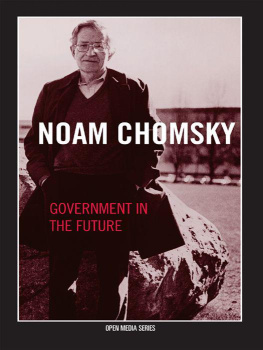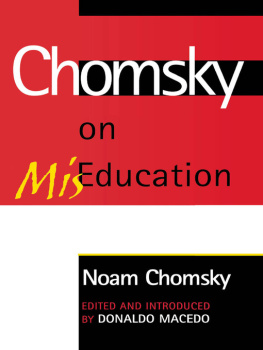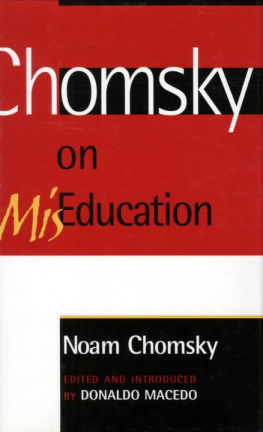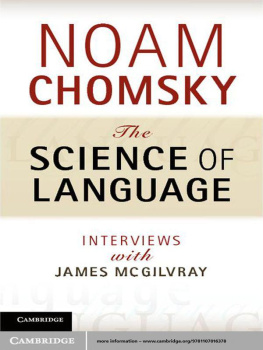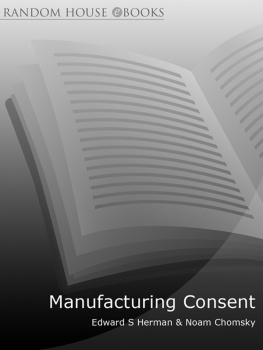Edward S. Herman - The Politics of Genocide
Here you can read online Edward S. Herman - The Politics of Genocide full text of the book (entire story) in english for free. Download pdf and epub, get meaning, cover and reviews about this ebook. year: 2010, publisher: Monthly Review Press, genre: Politics. Description of the work, (preface) as well as reviews are available. Best literature library LitArk.com created for fans of good reading and offers a wide selection of genres:
Romance novel
Science fiction
Adventure
Detective
Science
History
Home and family
Prose
Art
Politics
Computer
Non-fiction
Religion
Business
Children
Humor
Choose a favorite category and find really read worthwhile books. Enjoy immersion in the world of imagination, feel the emotions of the characters or learn something new for yourself, make an fascinating discovery.
- Book:The Politics of Genocide
- Author:
- Publisher:Monthly Review Press
- Genre:
- Year:2010
- Rating:5 / 5
- Favourites:Add to favourites
- Your mark:
- 100
- 1
- 2
- 3
- 4
- 5
The Politics of Genocide: summary, description and annotation
We offer to read an annotation, description, summary or preface (depends on what the author of the book "The Politics of Genocide" wrote himself). If you haven't found the necessary information about the book — write in the comments, we will try to find it.
The Politics of Genocide — read online for free the complete book (whole text) full work
Below is the text of the book, divided by pages. System saving the place of the last page read, allows you to conveniently read the book "The Politics of Genocide" online for free, without having to search again every time where you left off. Put a bookmark, and you can go to the page where you finished reading at any time.
Font size:
Interval:
Bookmark:
THE POLITICS OF GENOCIDE
by Edward S. Herman and David Peterson

Copyright 2010, 2011 by Edward S. Herman and David Peterson
All rights reserved
Library of Congress Cataloging-in-Publication Data
Herman, Edward S.
The politics of genocide / by Edward S. Herman and David Peterson.
p. cm.
Includes bibliographical references and index.
ISBN 978-1-58367-212-9 (pbk.)ISBN 978-1-58367-213-6 (cloth)
1. GenocideHistory. I. Peterson, David, 1959 II. Title.
HV6322.7.H47 2010
364.151dc22
2010004852
Monthly Review Press
146 West 29th Street, Suite 6W
New York, New York 10001
www.monthlyreview.org
www.MRzine.org
5 4 3 2 1
Edward S. Herman and David Peterson
Almost immediately after we submitted The Politics of Genocide to Monthly Review Press in late March 2009, a series of events unfolded that confirmed our analysis of the political basis of the use versus non-use of the words genocide and massacre to describe different theaters of atrocity. Now, writing some two-and-one-half years later, we can state without exaggeration that our critique was robust: It fits well not only with how the politics of genocide has continued to play out, but also with how the same political factors extend to a much wider range of events and the treatment they receive by establishment institutions, including the media, intellectuals, and activists deeply integrated into the U.S. power structure.
I reassure everyone that this story has ended and this book has closed, a military spokesman for Libyas National Transitional Council announced over al-Jazeera TV. Muammar Gaddafi has
Muammar Gaddafis October 20, 2011, death at the hands of National Transitional Council (NTC) fighters after the convoy of vehicles in which he was traveling had been nearly incinerated by U.S. Predator missiles outside his birthplace of Sirte, and the deaths of an unknown number of Gaddafi loyalists and civilians in Sirte and in the many other Libyan cities where the resistance to the NTC and NATO forces lasted the longest, came almost seven months to the day after the U.S. military launched its first cruise missile and bombing attacks on the Gaddafi regime (March 19), in direct violation of the UN Security Council resolutions that Washington and its allies in Paris and London and Brussels repeatedly cited to justify their attack on Libya.
Why and according to whichor whosemoral metric NATOs participation in the next seven months of armed conflict and actual bloodbaths, including the NTCs targeting of black African workers, The bloodbath that Bernard-Henri Lvy mentioned may be over, but only because this was a NATO-instigated bloodbath from start to finish.
Rather than the protection of civilians called for by UN Security Council Resolution 1973 (March 17),
This was nearly three years into an illegal war of aggression against a sovereign member of the United Nations, with a massive death toll and a sustained refugee crisis running into several million persons; and it was sixteen years into the U.S. and U.K. economic, political, and military siege of an entire country of more than twenty million persons. But none of this mattered. Some of the ICC Prosecutors thresholds can be readily met, and others never. Such is international justice at the start of the twenty-first century.
When this whole multilateral phalanx oriented around U.S. powerincluding NATOs leadership, the Security Council, the Secretary-General, the UN Human Rights Council, the International Criminal Court, non-governmental human rights organizations, media, intellectuals, and activistsmobilized against the Gaddafi regime in the second half of February 2011, this enabled the U.S.-led NATO powers to launch a war that never had any real purpose other than to overthrow the regime. In fact, when Russias UN ambassador, Vitaly Churkin, explained his countrys reasons for vetoing a draft Security Council resolution in early October 2011 that would have imposed sanctions on the al-Assad regime for the violent conflict that it was waging inside Syria, Churkin stated that the situation in Syria cannot be considered in the Council separately from the Libyan experience. Churkin continued:
The international community is alarmed by statements that compliance with Security Council resolutions on Libya in the NATO interpretation is a model for the future actions of NATO in implementing the responsibility to protect. It is easy to see that todays Unified Protector model could happen in Syria. For us, Members of the United Nations, including in terms of a precedent, it is very important to know how the [Libyan] resolution was implemented and how a Security Council resolution turned into its opposite. The demand for a quick ceasefire turned into a full-fledged civil war, the humanitarian, social, economic and military consequences of which transcend Libyan borders. The situation in connection with the no-fly zone has morphed into the bombing of oil refineries, television stations and other civilian sites. The arms embargo has morphed into a naval blockade in western Libya, including a blockade of humanitarian goods. Today the tragedy of Benghazi has spread to other western Libyan townsSirte and Bani Walid. These types of models should be excluded from global practices once and for all.
But in FebruaryMarch 2011, with the U.S., French, and British powers eager to drive the Gaddafi regime from power, no amount of actual or reported violence was going to be too small to deter these engaged humanitarians from the resort to war, or too low not to meet Moreno-Ocampos anti-Gaddafi threshold. As Samantha Power, the National Security Councils senior director for multilateral affairs and human rights, noted in late February:
Yet, in one enlightening case where this ladder of escalation was never scaled, a massively violent final assault had been launched by the Sri Lankan government against the Liberation Tigers of Tamil Eelam (LTTE) and the minority Tamil population of the Vanni region in the north of this island country.
Throughout the period from January through May 2009 appeals were made to both parties to the conflict, to the United Nations, and to interested states to invoke the R2P doctrine and provide some relief to a civilian population caught between the Sri Lankan Army and what was left of the armed forces of the LTTE, which the army offensive was systematically destroying. At a January 31 press conference in nearby Chennai India, the Tamil-related Peoples Union for Civil Liberties lamented that
But neither the United Nations nor any coalition of states took up these calls during the crucial months of JanuaryMay 2009, and the Security Council has never debated, let alone adopted, a resolution that would refer these atrocities against the Tamil civilians to the prosecutor at the International Criminal Court to open an investigation. In the UN Panel of Experts report there is no discussion of the R2P doctrine in the context of Sri Lankas bloody 20082009 defeat of the LTTE and the massive civilian deaths and crimes that accompanied the action. Nor did the panel recommend that the UN Security Council refer the matter to the ICC to open an investigation into the Sri Lankan governments termination of the three-decade-long LTTE insurgency on behalf of a separate Tamil state, even though the panels report makes it clear that tens of thousands lost their lives from January to May 2009 as the government transformed its no-fire zones into what were essentially anti-Tamil free-fire zones.
Next pageFont size:
Interval:
Bookmark:
Similar books «The Politics of Genocide»
Look at similar books to The Politics of Genocide. We have selected literature similar in name and meaning in the hope of providing readers with more options to find new, interesting, not yet read works.
Discussion, reviews of the book The Politics of Genocide and just readers' own opinions. Leave your comments, write what you think about the work, its meaning or the main characters. Specify what exactly you liked and what you didn't like, and why you think so.

